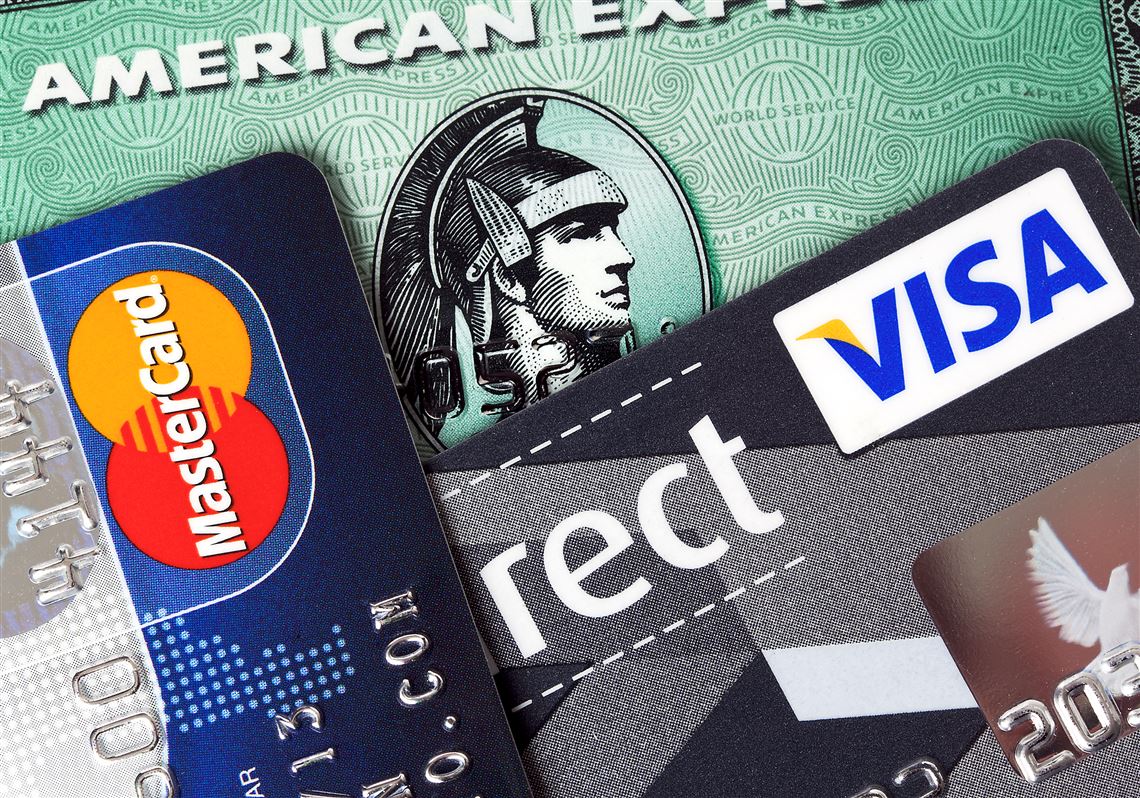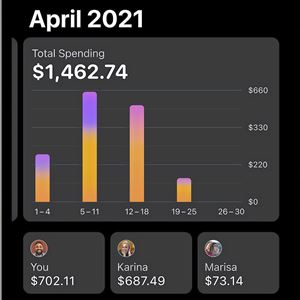Like a peacock shaking its flamboyant train in a mating dance, big credit card issuers have recently swung into full courtship mode, dangling beefier sign-up bonuses, enhanced rewards and zero interest offers to attract new customers and snag a piece of an expected post-pandemic spending boom.
In short, it’s a great time for consumers to score a sweet deal on a credit card, industry experts say.
“The next six months to a year will be one of the most competitive times ever in the credit card space,” said Matt Schulz, chief credit analyst at Lending Tree. “Ultimately, that’s good news for consumers.”
During the pandemic, “Lenders were really worried about the state of the economy and jobs and really clamped down,” said Ted Rossman, senior industry analyst with Creditcards.com. Credit card originations were down about 20% in 2020 from 2019, while credit limits on those new cards were down about 40%, he said.
Over the last year, an expected rise in credit delinquencies and defaults never materialized, he said.
“Now, with vaccines and fewer [COVID-19] cases, banks are feeling better from a risk standpoint and want to capture their piece of the consumer spending rebound,” Mr. Rossman said.
“In some cases, we are seeing the best sign-up bonuses we’ve ever seen.”
Take the Chase Sapphire Preferred card. New cardholders receive a 100,000-point sign-up bonus after charging $4,000 in the first three months. The points are worth at least $1,250, and potentially thousands more if transferred to airline and hotel partners and redeemed during peak travel times.
The card had been offering 60,000 to 80,000 points to sign up. Chase also offered 100,000 points in 2016, but it was on the exclusive Sapphire Reserve card, which carries a $550 annual fee.
Other juicy deals mentioned by experts include:
• Capital One Venture card. New cardholders earn 50,000 travel points after spending at least $3,000 in the first three months, plus another 50,000 points for spending $20,000 the first year. Cardholders also earn a hefty two points for every dollar in purchases.
• Active Cash card being launched by Wells Fargo. It offers a $200 cash sign-up bonus after spending $1,000 in the first three months, plus 2% cash back on purchases. Unlike some cash-back cards, there’s no limit on how much cash can be earned. It also offers 0% interest on new purchases and qualifying balance transfers for the first 15 months.
• Delta Skymiles Gold American Express card. It offers a 70,000-mile sign-up bonus for spending $2,000 in the first three months, plus a $200 statement credit for making a Delta purchase in the first three months. It also carries a 0% introductory rate on new purchases for 12 months. Southwest Airlines recently upped the ante on its Rapid Rewards card, too.
One way to help meet the spending threshold required to earn big bonus points is to pay as many monthly bills as possible via credit card. For example, many gas and electric utilities and some insurers take credit cards without charging convenience fees or other extra fees.
Mr. Schulz said his strategy is to save cash for a big purchase, then hang on to the money and charge the item on a new rewards card to meet the minimum spending amount. Then when the bill comes due, pay it off with the cash to avoid interest charges.
To find a good offer, consumers should pay attention to card solicitations that pop up in their mailbox. Other sources are credit card tracking sites — such as creditcards.com, bankrate.com, lendingtree.com and cardratings.com — and major issuers’ websites, including Chase.com, Capitalone.com and Citi.com.
While the best bonuses are reserved for customers with good to excellent credit, it’s a misconception that applicants have to make big money to qualify.
The Federal Reserve estimates that 84% of credit card holders have at least one rewards card, including 75% of balance active cardholders with household incomes of less than $50,000.
Mr. Rossman said the best offers generally require a FICO credit score of 700 to 740 and above (out of a possible 850).
But consumers with lower scores shouldn’t count themselves out.
“If you aren’t sure you qualify for a card, it’s OK to go ahead and apply because in a competitive time like this, your chances may be better than you think,” Mr. Schulz said.
It’s also a good time to get better terms on an existing card, such as getting a lower interest rate or an annual or late fee waived, he said.
“Sometimes, all you have to do is call and ask,” Mr. Schulz said. “Card issuers aren’t going to want to lose a good customer over a couple of points on an interest rate or $100 in an annual fee.”
He suggests using other card offers as a bargaining chip.
“You can say, ‘I’ve been a customer for a long time and made my payments, but the interest rate is 21% and I’ve seen offers for 17%. Can you match it?’ There’s a good chance they will work with you.”
Don’t be hasty
Although a great bonus offer can be tempting, experts recommend being selective.
Applying for a card triggers a credit inquiry, which temporarily dings the applicant’s credit rating.
Mr. Rossman recommends limiting applications to one every six months or so. It’s also better to avoid getting a new card right before applying for a mortgage.
For people who tend to carry a balance on their cards, experts say they shouldn’t be mesmerized by big bonus offers and instead should focus on getting a card with the lowest interest rate.
Reward cards typically are a bad deal for people who don’t pay their balance off each month. That’s because those cards generally charge higher than average interest rates. So what the card company gives with one hand, it takes back even more with the other.
For those who settle on a reward card, be mindful of overspending.
“Reward cards are designed to make you spend more,” said Curtis Arnold, founder of Cardratings.com and Bestprepaiddebitcards.com.
People who aren’t vigilant could end up blowing their budget.
“Unless you are very disciplined, I think you need to avoid those cards,” Mr. Arnold said. “If you can’t pay your balance, then your reward card can turn into a nightmare.”
Patricia Sabatini: PSabatini@post-gazette.com; 412-263-3066.
First Published: July 1, 2021, 9:40 a.m.



















